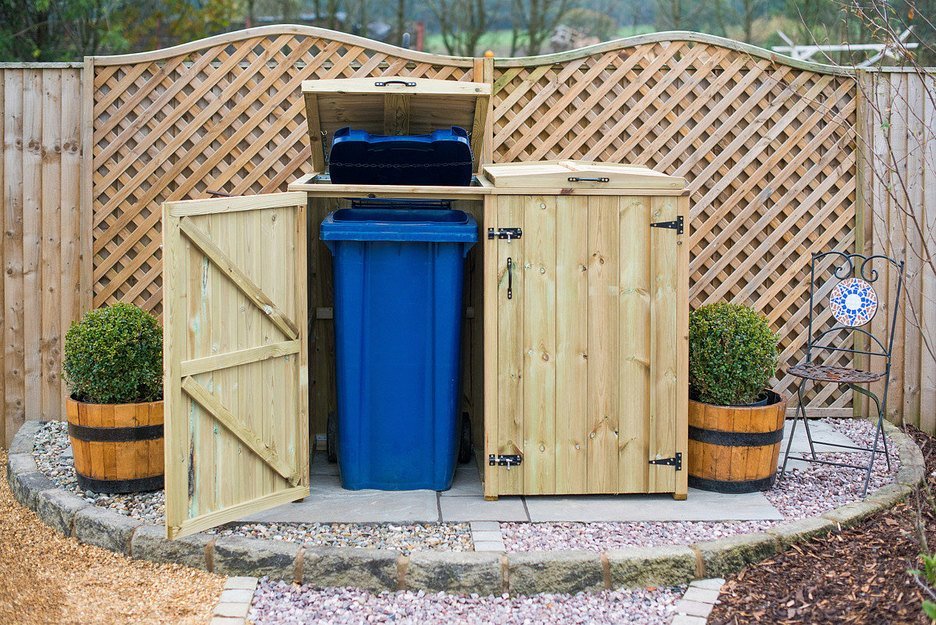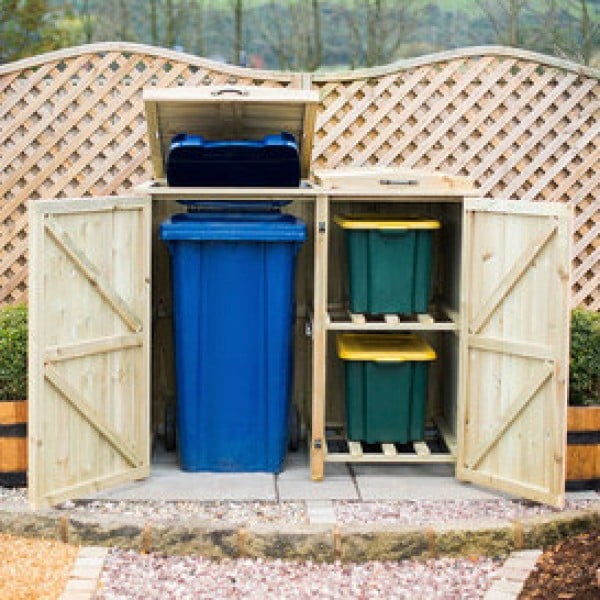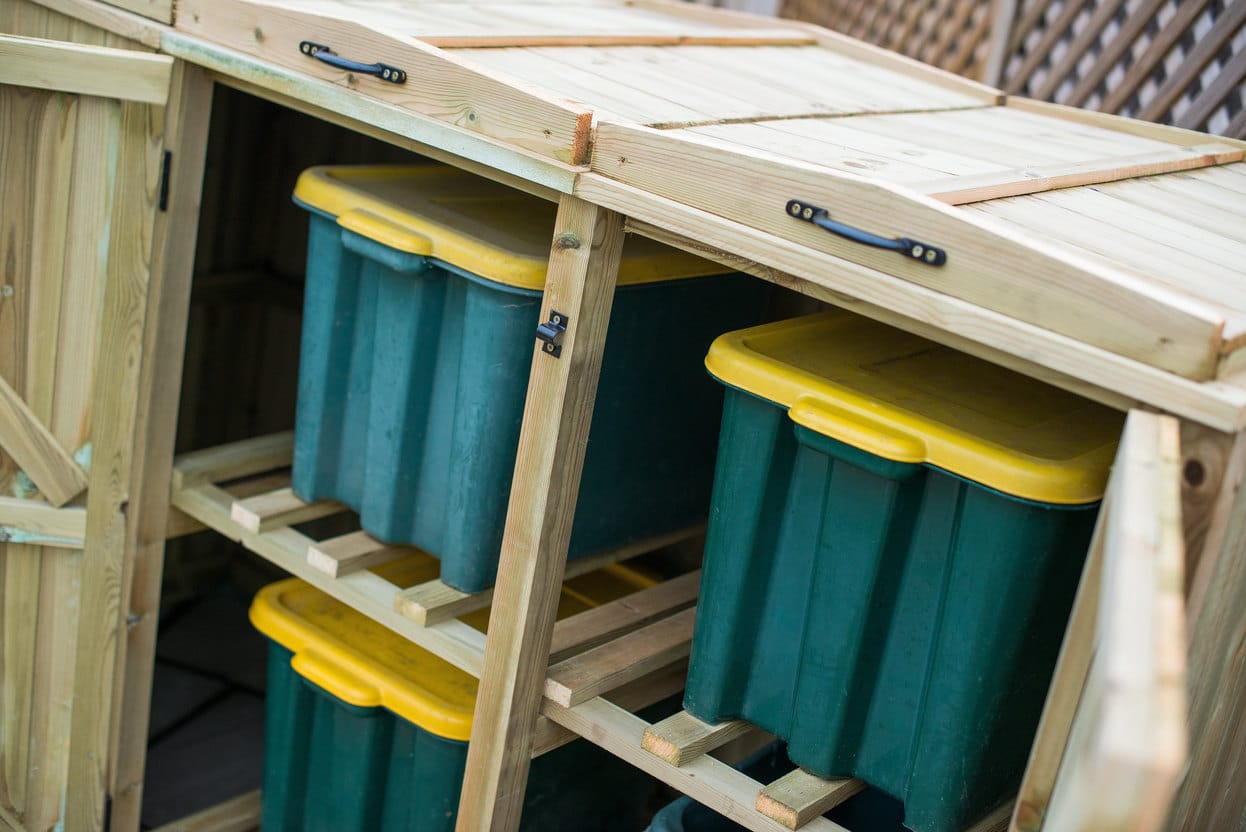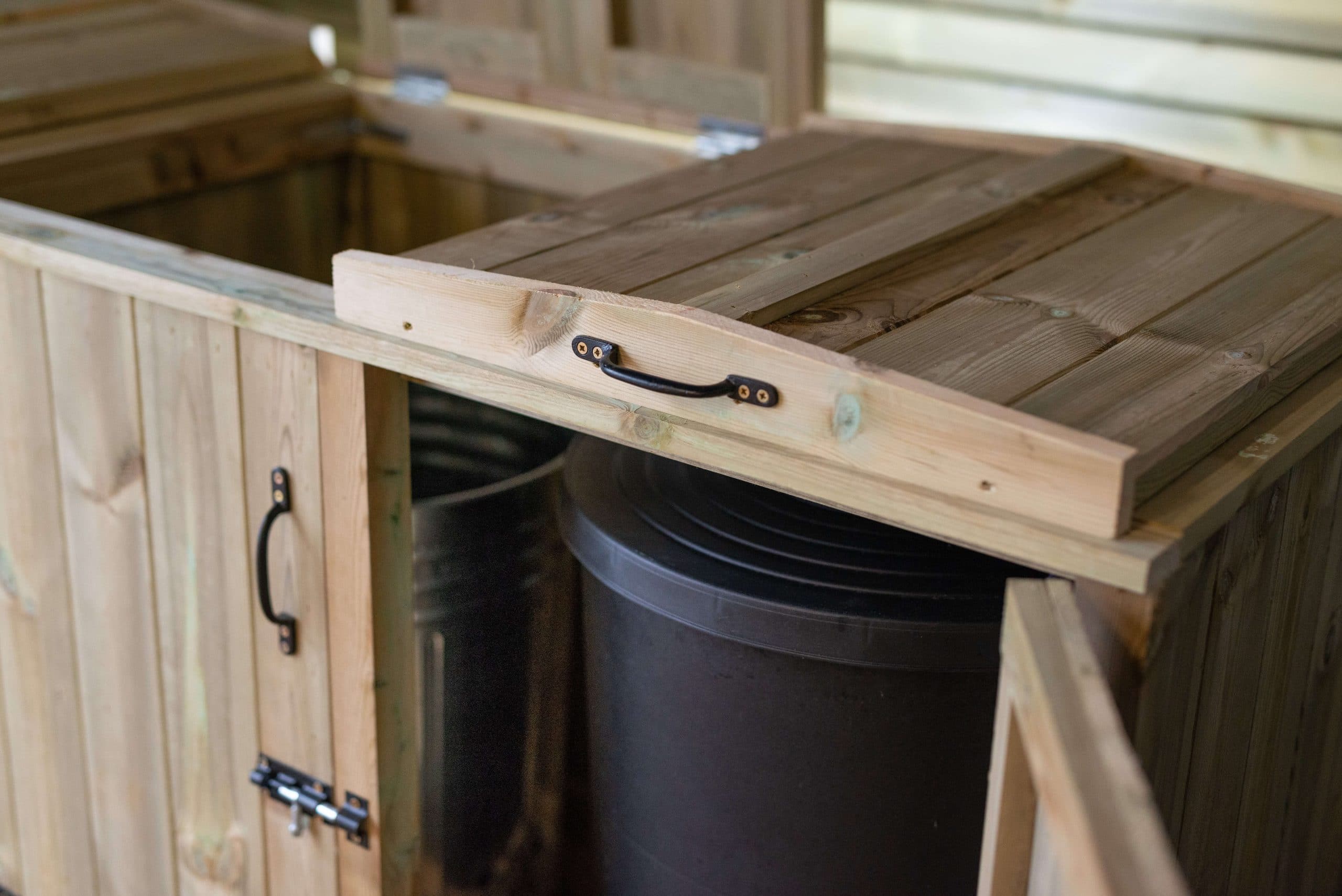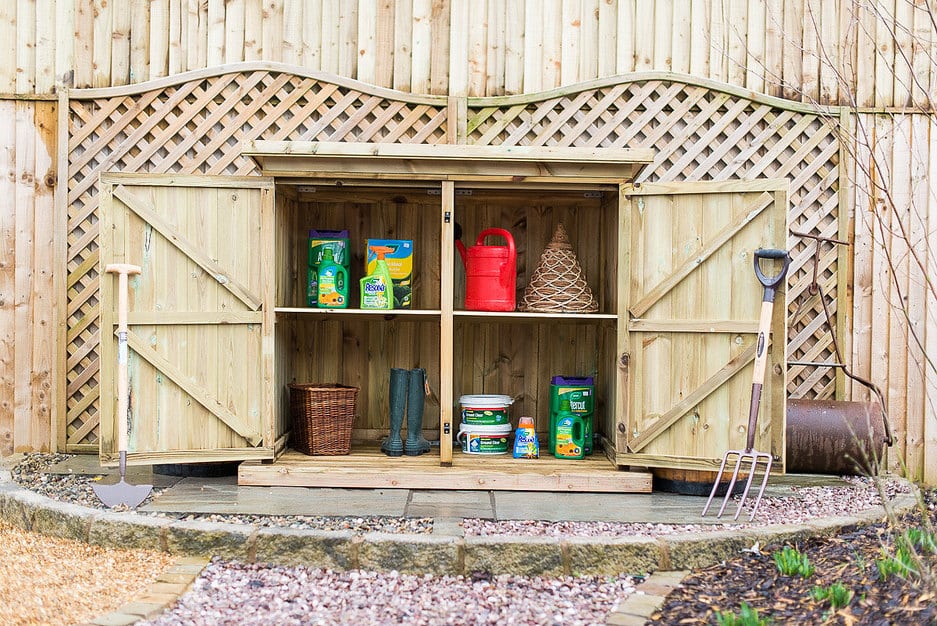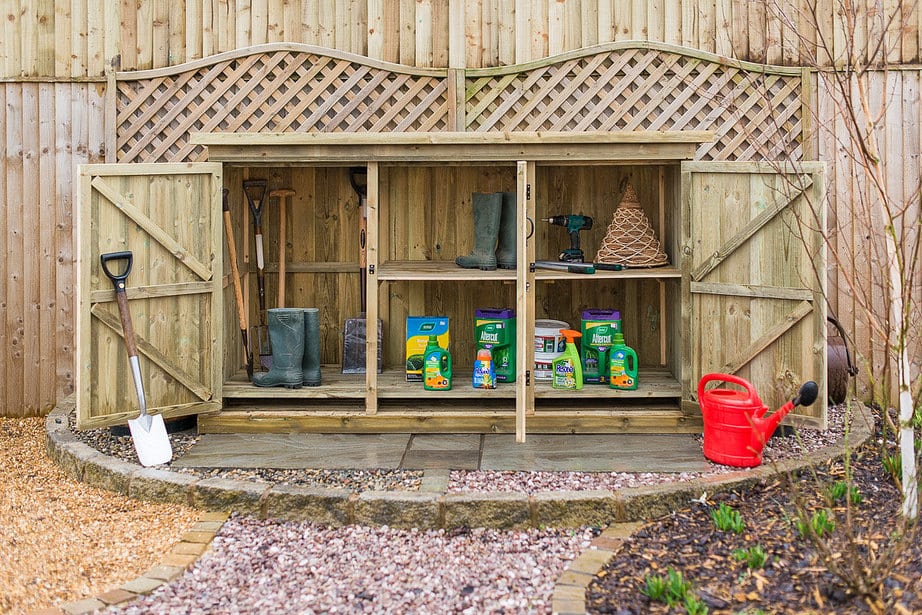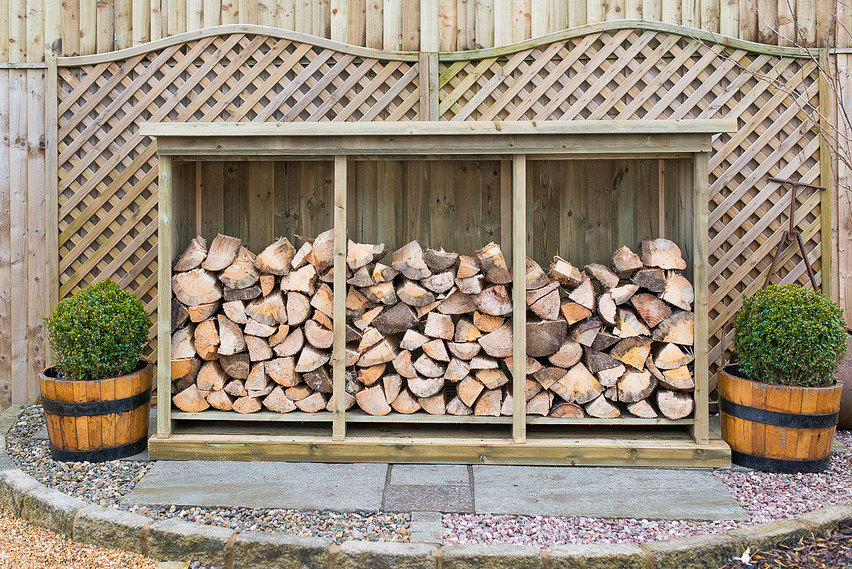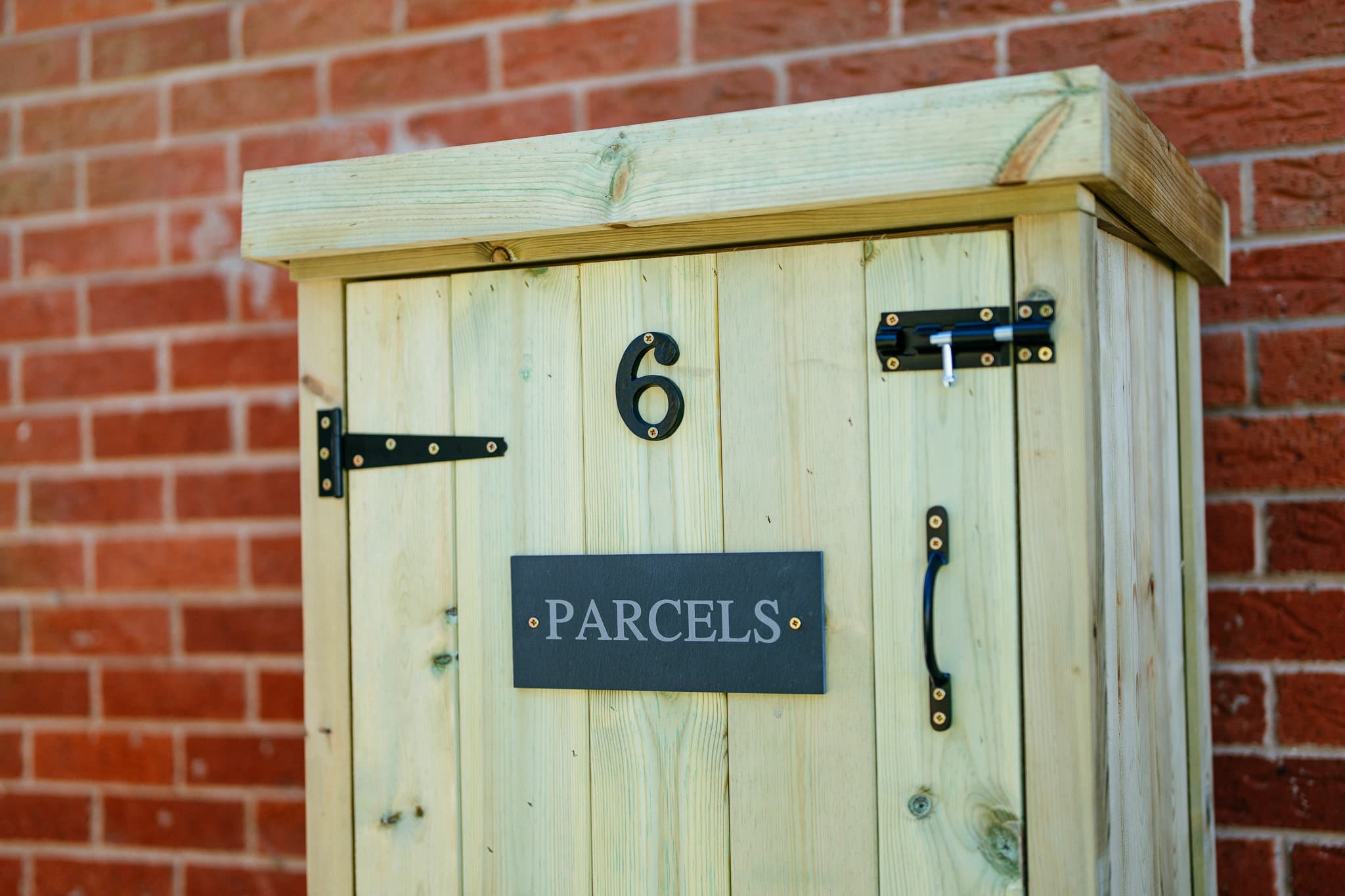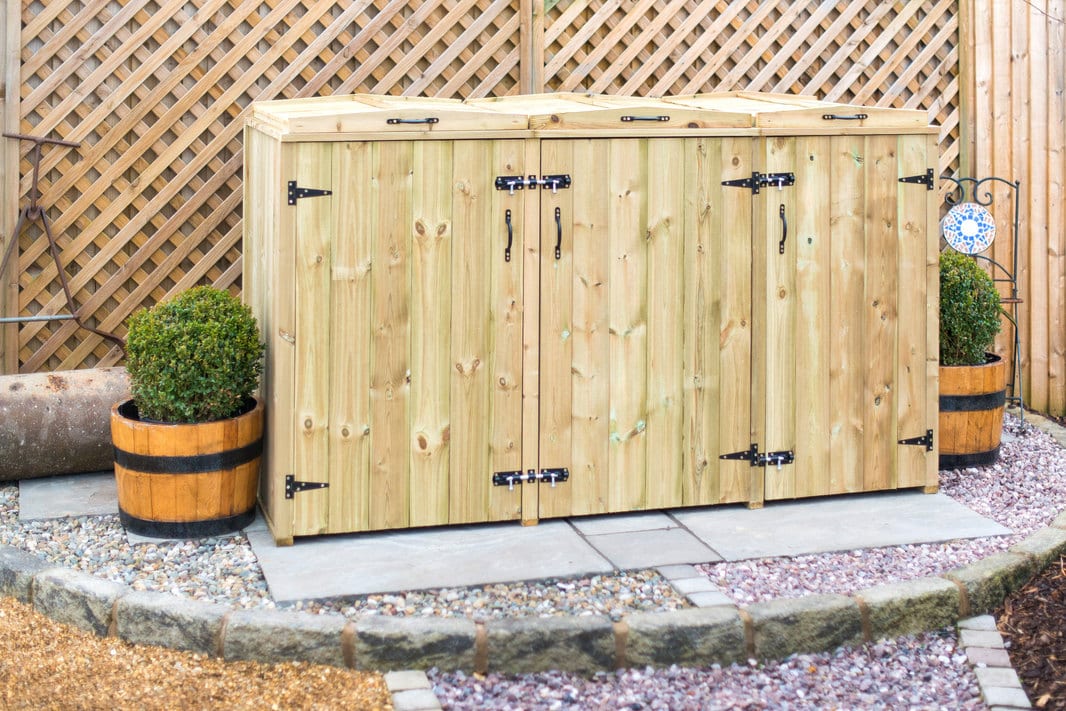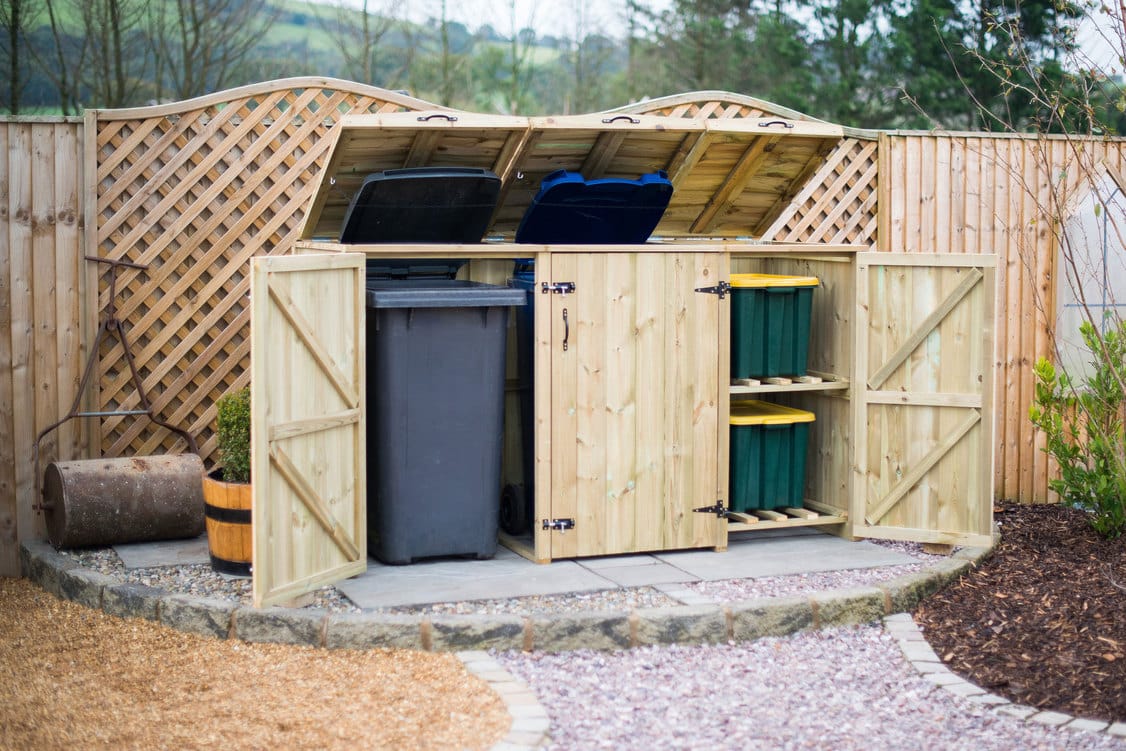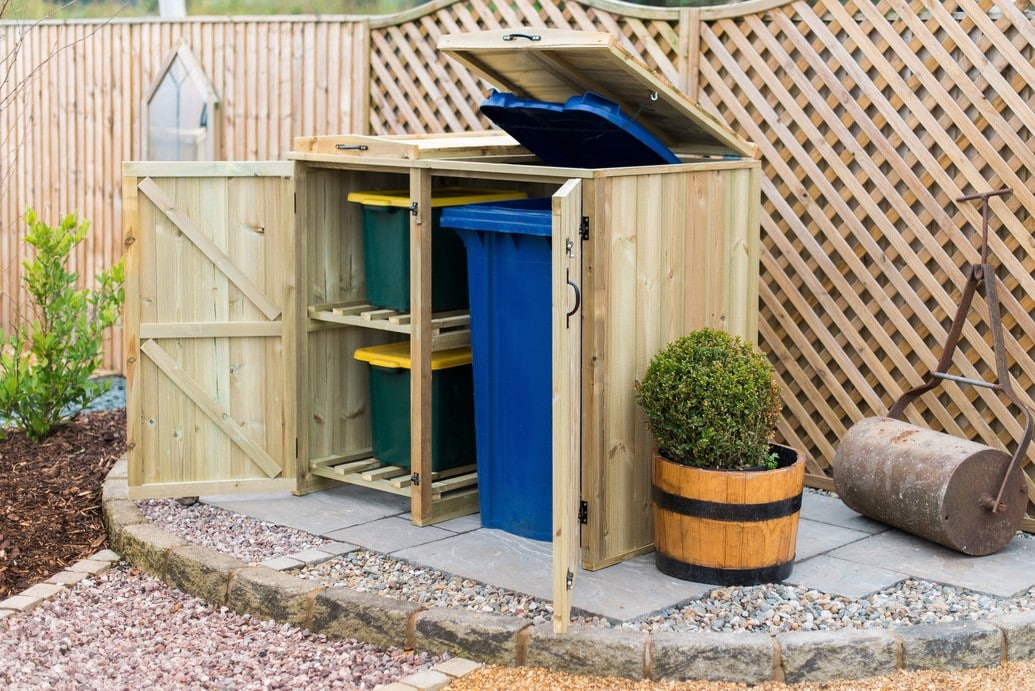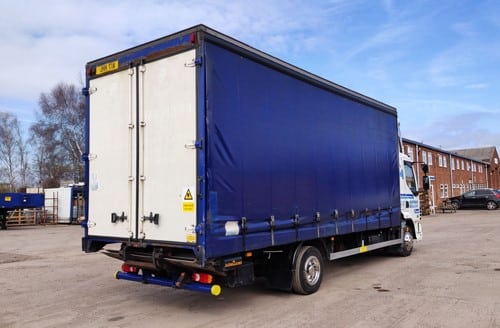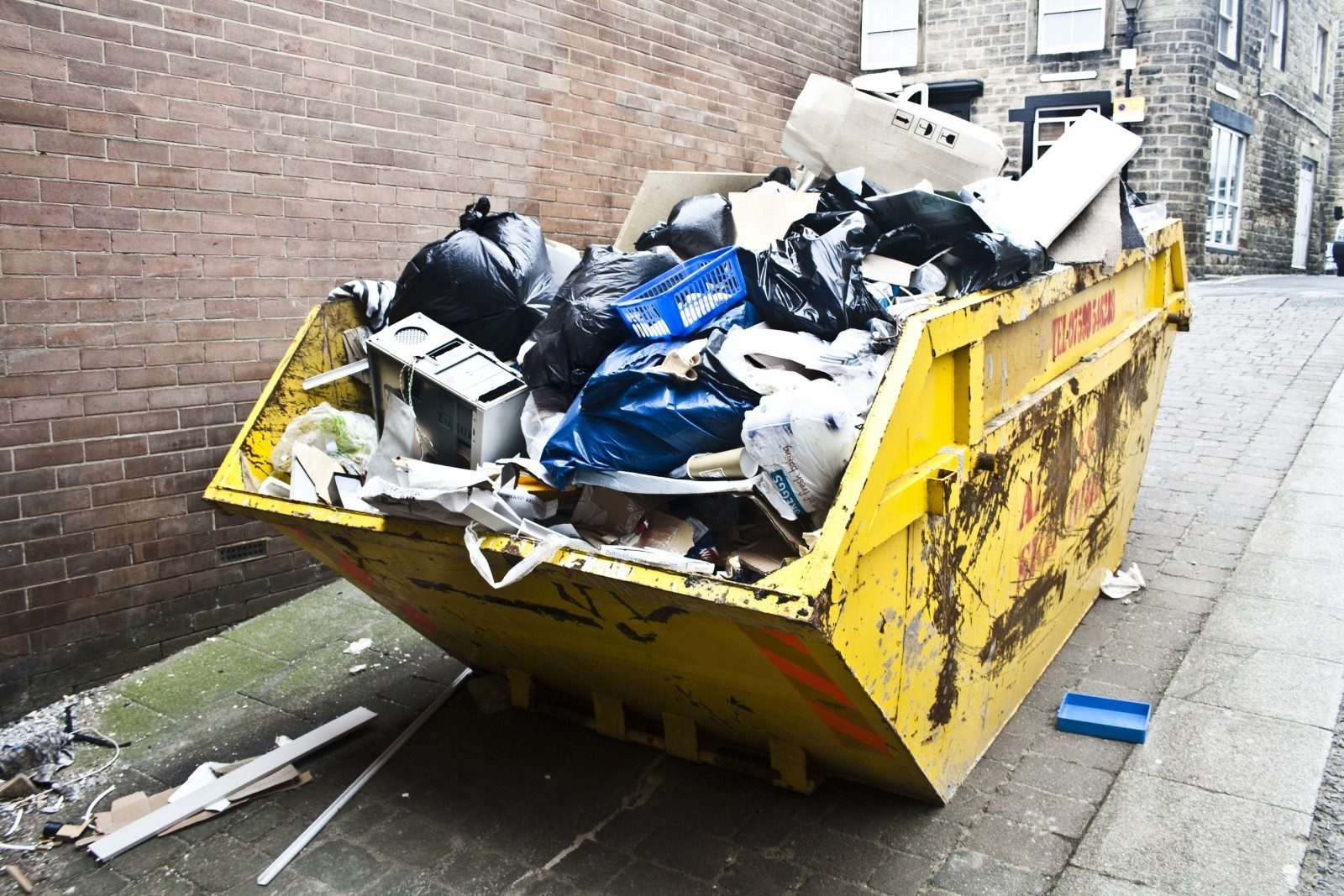How To Guides
Make Too Much Rubbish? Make Less!
Billions of tons of rubbish go into landfill sites every year. Obviously, this is pretty bad for the environment, but creating too much trash isn't exactly a great thing for you either. That's why we're taking a look at how to reduce the amount of waste your household creates. Want emptier bins and fancy helping to save the earth? Then here's all you need to know.
The Problem
The problem is simple: too much rubbish. Aside from the environmental impact of creating a lot of trash, there's a personal one too. Stuffing your wheelie bin full of bin bags isn't fun, and remember that an overfull bin is unlikely to be collected by your bin men. And nobody wants a stuffed bin sitting next to their house. Many people these days choose to use a bin cover to hide that unsightly wheelie bin, but even a cover isn't going to help much when your bin is overflowing. Then there's the smell issue too. So our goal is to help you make less rubbish, by telling you how to deal with items that might not be the trash that you think they are…
1. Recycle, Recycle, Recycle
Our first tip is rather an obvious one but bear with us. Plenty of things can be recycled these days, and that starts by making use of the recycling containers that your council has probably provided you with. Cardboard, paper, cans, bottles, all that good stuff can be put in the appropriate receptacle and taken away weekly.
N.B. If you're sick of the sight of those recycling boxes, then take a look at our recycling bin storage units that disguise them.
However, there are also other recycling options. Bottle banks are available in most urban areas in case you don't have glass recycling. Private recycling companies are glad to come and pick up larger loads of goods (handy if you're having a clean out of the loft, or demolishing a shed, for example). These companies may also take things that you haven't considered, such as styrofoam and softer plastics which many councils won't take. All you need to do is Google the name of your local area and the word “recycling” to find out what options are available to you. Recycling isn't just about what the council will haul away, if you're serious, you can recycle a lot more of your rubbish than you might think.
2. Textiles and Clothing
Been doing a clear out at home? There's no need to throw away textiles or clothing since for the most part these can be used. Good clothing that's in good condition can be donated to charity shops (try Oxfam or Sue Ryder), and if you have a lot of goods, some charity shops will come and pick things up from you. If clothing is okay but maybe not in saleable condition, try donating to your local homeless shelter, or to a nearby church who will take it to a shelter for you.
Towels, sheets, blankets, and even some kinds of curtains are welcome donations to animal shelters, who are always looking for suitable bedding material for both cats and dogs. Scraps or clothing in bad condition can be recycled. You can do this at home (cutting items up to make new ones), or try checking with your community centre, an old folks home, or WI to see if they have a quilting circle (patchwork quilters will be overjoyed to take your scraps).
3. Electro Stuff
In today's technological world it should come as no surprise that more and more trash is made up of gadgets and accessories. But electronics should never be thrown away. Batteries of all kinds need to be recycled, and your local supermarket or any big name high street electronics store will have recycling bins for batteries. Mobile phones can either be sold for recycling over the internet (though don't expect to make a tonne of money!), or can be returned to your operator. All major UK operators have phone recycling programmes these days, and Apple also has their own programme for iPhones.
If you have computers, laptops, or PC accessories then absolutely don't throw them away, no matter how old they are! Check out foundations like TechStart or Donate a PC, who strip old computers for parts to build new computers for people and organisations who otherwise couldn't afford them. Other kinds of household electronics can be donated (either through charity shops or direct to foundations) if in good working condition, or stripped for parts (check out repair shops or even your local Rag and Bone man) if they're not working.
4. Compost!
A good percentage of your household waste is probably organic, meaning it's food stuffs or scraps. This is easily eliminated from your rubbish bin by composting. Composting is simple, cheap (you can get a small composting container for less than £35), and takes little time. Don't have a garden? Don't worry; there are kitchen composters designed to stay inside your home, as well as smaller balcony models. And good compost is always welcomed by any gardeners you know (or even your local garden centre). As a bonus, it's likely to be organic rubbish that's making your bins smell bad, so eliminating this means a better smelling bin!
5. Think First!
Another large component of your rubbish is likely to be packaging materials. And here's where a little pre-planning comes in. A lot of packaging can be eliminated simply by always having your own bags and containers around. More and more supermarkets have packaging free sections (where you can pick up unboxed muesli, for example), and there are now plenty of packaging free shops in major cities. Buying meat and cheese from the deli counter of the supermarket rather than the prepackaged kind will save you on rubbish, for example. And if it's not possible to get an unpackaged product, at least go for minimal packaging (and make sure you recycle!).
Less rubbish is good for everyone, and you'll be glad you made the effort when you walk past your half empty bin on the way to work! With a little thought and planning it should be possible to cut down the amount of rubbish you create by at least half. And if you're really serious, try taking part in the Clean Bin Project, which challenges you to create zero waste for a set period of time!

